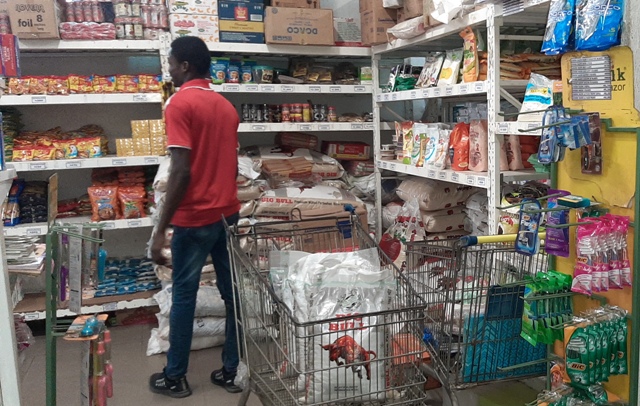WED 16 MARCH, 2022-theGBJournal| The Centre for the Promotion of Private Enterprise (CPPE) notes the marginal acceleration of headline inflation from 15.60% in January to 15.70% in February 2022, according to the inflation report released by the National Bureau of Statistics (NBS).
This was a mere 0.1% increase. Food inflation, rather curiously, decelerated marginally from 17.13% in January to 17.11% February 2022. Core inflation sub index accelerated from 13.87% in January to 14.01% in February 2022.
The technical computation of the inflation figures the NBS is not in dispute. However, the reality and severity of the impact of the intense inflationary pressures over the past one year is at variance with the official inflation data.
For the basket of goods consumed by most households, prices have jumped by between 30-100% over the past one year. The same is true of businesses. The pressure of spiking inflation on household budgets has been excruciating and unbearable. Purchasing power has been massively eroded, real incomes have depressed, and the poverty situation has consequently worsened.
Businesses have been similarly impacted as they have been experiencing a slump in sales, turnover and profits margins. The impact on small businesses is even more severe because of their limited capacity to absorb economic shocks.
The spiralling inflation dynamics should be elevated to the level of an economic emergency, deserving an urgent policy response at the highest level of government. The impact on citizens welfare is inestimable. The effect on SMEs is troubling. There is elevated social discontent, driven by increasing joblessness and hunger.
Meanwhile, the key drivers of inflation include high and increasing energy cost; worsening currency depreciation, escalating transportation cost, high import duty on manufacturing inputs, illiquidity in the forex market, bottlenecks in the logistics chain, security concerns and low productivity resulting from structural challenges and weak application of technology. Central bank financing of fiscal deficit is also a major driver of inflation.
To tackle inflation, these key drivers would have to be addressed. All forms of taxes and levies on the importation of petroleum products should be suspended to give a respite on the spiking energy cost. There should also be deeper stakeholder engagements across sectors to develop an enduring strategy on the way forward.
Twitter-@theGBJournal|Facebook-The Government and Business Journal|email: gbj@govbusinessjournal.ng|govandbusinessj@gmail.com










